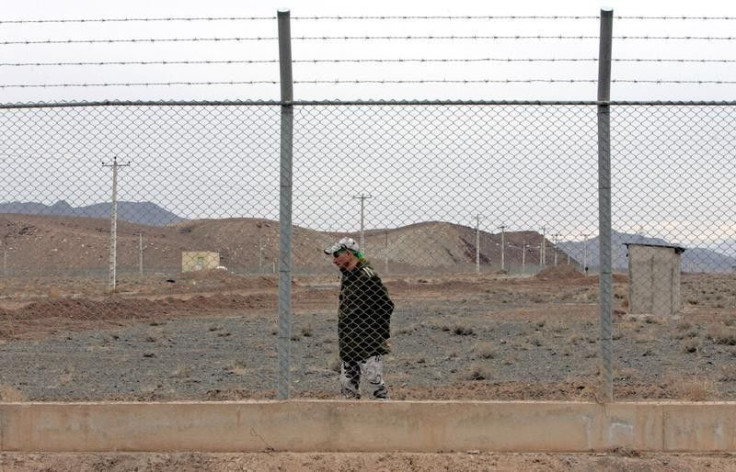Better Market Your Uranium Someplace Else, Japan Appetite No Longer Huge as Before – Former PM Tells Australia Queensland Premier Campbell Newman

Campbell Newman, premier of Australia's Queensland state, has gotten an advice from former Japanese Prime Minister Naoto Kan, and that is to market the country's uranium to someplace else.
This, as a new study said the bill of damages from the Fukushima Daiichi nuclear power plant meltdown will zoom to over $105 billion, double than the earlier estimates released by authorities in 2011.
While Japan may restart some of its 54 idled nuclear power plants, Kan said Japan's appetite for the yellow cake uranium won't be "anywhere the same levels of uranium it has in the past."
Kan was in Australia last week on a trip sponsored by the Australian Conservation Foundation. A previous staunch supporter of nuclear power, Kan is now against uranium mining, having seen the effects of the Fukushima Daiichi nuclear power plant meltdowns in March 2011.
Kan was Japan's prime minister at the time of the Fukushima nuclear disaster three years ago.
"Even if some did restart it would be practically impossible to return to the kind of levels of operation that were in place before the March 2011 disaster," Brisbane Times quoted Kan.
He shared that in the days immediately following the tragedy, he was on the verge of calling for an evacuation concerning Tokyo, Japan's largest city, which has 50 million people.
He also stressed the appeal of the yellow cake to fuel nuclear power plants had simmered down, and thus Queensland has China as the only potential country it can export its primary product.
"The trends we are seeing in the United States and Europe - and also because of the very high costs of nuclear power - we are not seeing a growth in this market," he said. "The country with the most plans to expand its nuclear plants is China."
In the research made by Kenichi Oshima, environmental economics professor at Ritsumeikan University, and Masafumi Yokemoto, professor of environment policy at Osaka City University, they said the Fukushima Daiichi nuclear power plant tragedy will cost 11.08 trillion yen ($105 billion). The figure ballooned to include radiation clean-up and compensation to residents.
Specifically, the expenses will include
- 4.91 trillion yen ($47 billion) for compensation to residents in the affected area of the crippled Fukushima Daiichi nuclear plant
- 2.48 trillion yen ($23 billion) will be involved in the radiation cleanup of the territories
- 2.17 trillion yen to scrap the disaster-hit plant
- 1.06 trillion yen for the temporal storage of radioactive soil
Nevertheless, the researchers noted the amount still exclude costs for the final disposal of radioactive substances, compensation and plant decommissioning.
Oshima and Yokemoto said the cost will be shouldered by the Japanese people through taxes and utility bills.





















